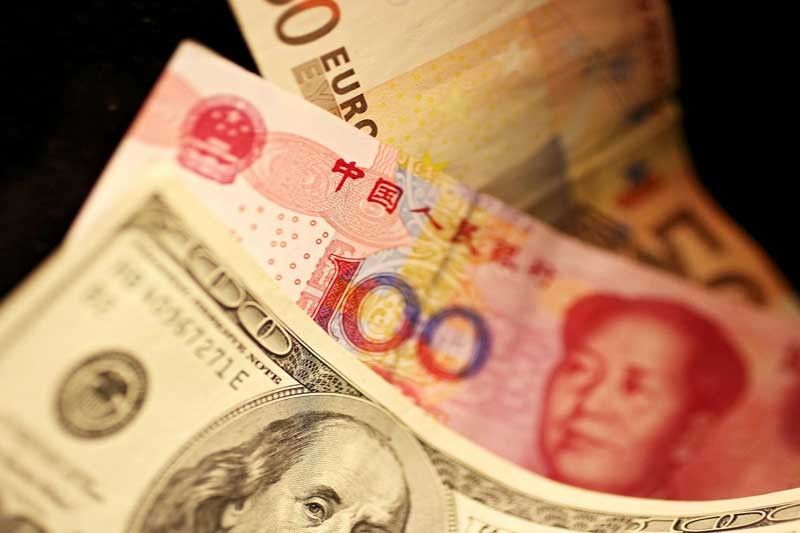FDI inflows slow further in March, Q1

MANILA, Philippines — Foreign direct investment (FDI) inflows remained weak in March, slipping by 14 percent to $586 million from $681 million in the same month last year due to lower exposure in the stock market, the Bangko Sentral ng Pilipinas (BSP) said yesterday.
Data released by the central bank showed equity and fund shares plunged by 51.7 percent to $187 million in March from $387 million as net equity other than investment of earnings fell 66.2 percent to $107 million from $318 million.
Equity placements dropped by 64.1 percent to $126 million from $351 million. Major sources of capital include Japan, US, Singapore and the Netherlands.
These placements were largely invested in manufacturing, real estate, accommodation and food service, wholesale and retail trade as well as arts, entertainments and recreation industries.
Meanwhile, withdrawals last March likewise declined by 44.7 percent to $18 million from $33 million a year ago.
Non-residents’ investments in debt instruments, consisting mainly of loans extended by parent companies abroad to their local affiliates, surged 35.8 percent to $399 million from $294 million.
Likewise, the BSP said reinvestment of earnings grew by 14.4 percent to $80 million from $70 million.
For the first quarter of the year, net FDI inflows declined by 15.1 percent to $1.94 billion from $2.29 billion in the same period quarter last year due mainly to the 66.7 percent plunge in non-residents’ net equity capital investments as placements fell 42.9 percent.
Equity capital placements from January to March came mostly from Japan, China, US, Singapore and South Korea, and were channeled largely to the financial and insurance, real estate, transportation and storage, manufacturing as well as administrative and support service industries.
On the other hand, net investments in debt instruments increased by 18.6 percent to $1.4 billion from $1.2 billion, while reinvestment of earnings went up by 11.3 percent to $234 million from $211 million.
BSP Governor Benjamin Diokno noted that rising FDI inflows over the past few years reflect strong interest from foreign investors.
“Probably around $10 billion or maybe higher, there’s a lot of interest in this country. The Philippines is probably going to be one of the fastest growing countries in this part of the world,” Diokno said.
Diokno said FDI inflows have increased to around $10 billion from only $2 billion over the past few years.
“The rise of FDIs in recent years shows that investors have a lot of confidence in the Philippines,” he said.
The BSP expects to attract more than $10.2 billion in net FDI inflows this year.
Economic managers are working hard to obtain the much coveted A credit rating after bagging an upgrade from S&P Global Ratings to BBB+ or two notches above minimum investment grade and an outlook upgrade to positive from stable from Japan Credit Rating Agency (JCR).
- Latest
- Trending
























